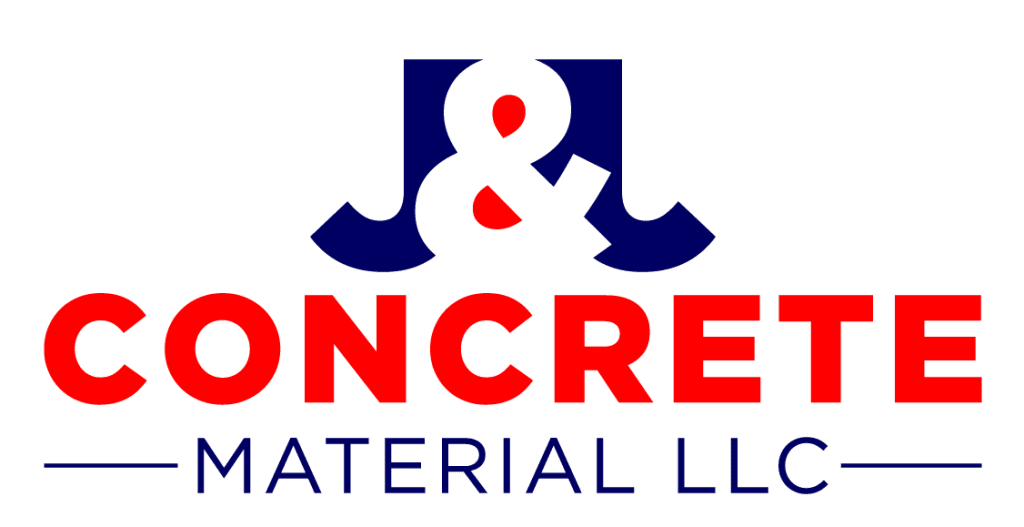Ready-mix concrete (RMC) has revolutionized the construction industry by offering a consistent and efficient solution for building needs. It is a type of concrete that is manufactured in a factory or batching plant according to specific proportions and then delivered to construction sites in a ready-to-use form. This guide will explore the advantages, types, production process, and applications of ready-mix concrete.
What is Ready-Mix Concrete?
Ready-mix concrete is a blend of cement, water, aggregates (such as sand, gravel, or crushed stone), and sometimes additives, mixed to precise specifications. Unlike traditional on-site mixing, RMC ensures consistent quality and eliminates the need for manual labor-intensive processes.
Types of Ready-Mix Concrete
- Transit Mixed Concrete: This type of RMC is mixed during transit to the construction site. The ingredients are loaded into the mixer truck, where they are mixed as the truck travels to the destination.
- Shrink Mixed Concrete: Partially mixed at the batching plant and completed during transit, shrink mixed concrete reduces the load on the truck’s mixer.
- Central Mixed Concrete: Fully mixed at the batching plant, this type of RMC is transported in a ready-to-use state, ensuring high uniformity and quality.
Production Process
The production of ready-mix concrete involves several key steps:
- Design and Proportioning: The mix is designed based on the construction project’s requirements, considering factors like strength, durability, and workability.
- Batching: The raw materials (cement, aggregates, water, and additives) are weighed and proportioned accurately.
- Mixing: In central mixing plants, all materials are mixed thoroughly before loading into the truck. In transit mixing, ingredients are added to the truck for mixing during transit.
- Transportation: The concrete is transported to the construction site using mixer trucks equipped with rotating drums to prevent setting during transit.
- Placement: The RMC is poured directly into the desired formwork at the site.
Advantages of Ready-Mix Concrete
- Consistent Quality: Factory-controlled processes ensure uniform quality and minimize variability.
- Time Efficiency: Pre-mixed concrete saves time compared to on-site mixing.
- Cost-Effectiveness: Reduced material wastage and labor requirements lower overall costs.
- Reduced Pollution: Centralized production and precise batching minimize dust and noise pollution.
- Customizable: Mixes can be tailored to specific project needs, such as strength, setting time, or durability.
Applications of Ready-Mix Concrete
Ready-mix concrete is versatile and suitable for various construction projects, including:
- Residential buildings
- Commercial complexes
- Roads and bridges
- Dams and canals
- Industrial facilities
Environmental Impact
While RMC reduces on-site pollution, its production involves significant energy and water use. However, advancements in technology, such as incorporating recycled materials and adopting sustainable practices, are mitigating these concerns.
Conclusion
Ready-mix concrete offers unparalleled convenience, quality, and efficiency, making it an indispensable material in modern construction. By understanding its types, production process, and advantages, builders can optimize its use to achieve durable and cost-effective structures.
